Ikeja Record
The Ikeja Record is a community newspaper that covers the Ikeja area of Lagos State and its environs. We produce original, non-partisan reporting on the politics, business, and culture of our community.

The Ikeja Record is a community newspaper that covers the Ikeja area of Lagos State and its environs. We produce original, non-partisan reporting on the politics, business, and culture of our community.